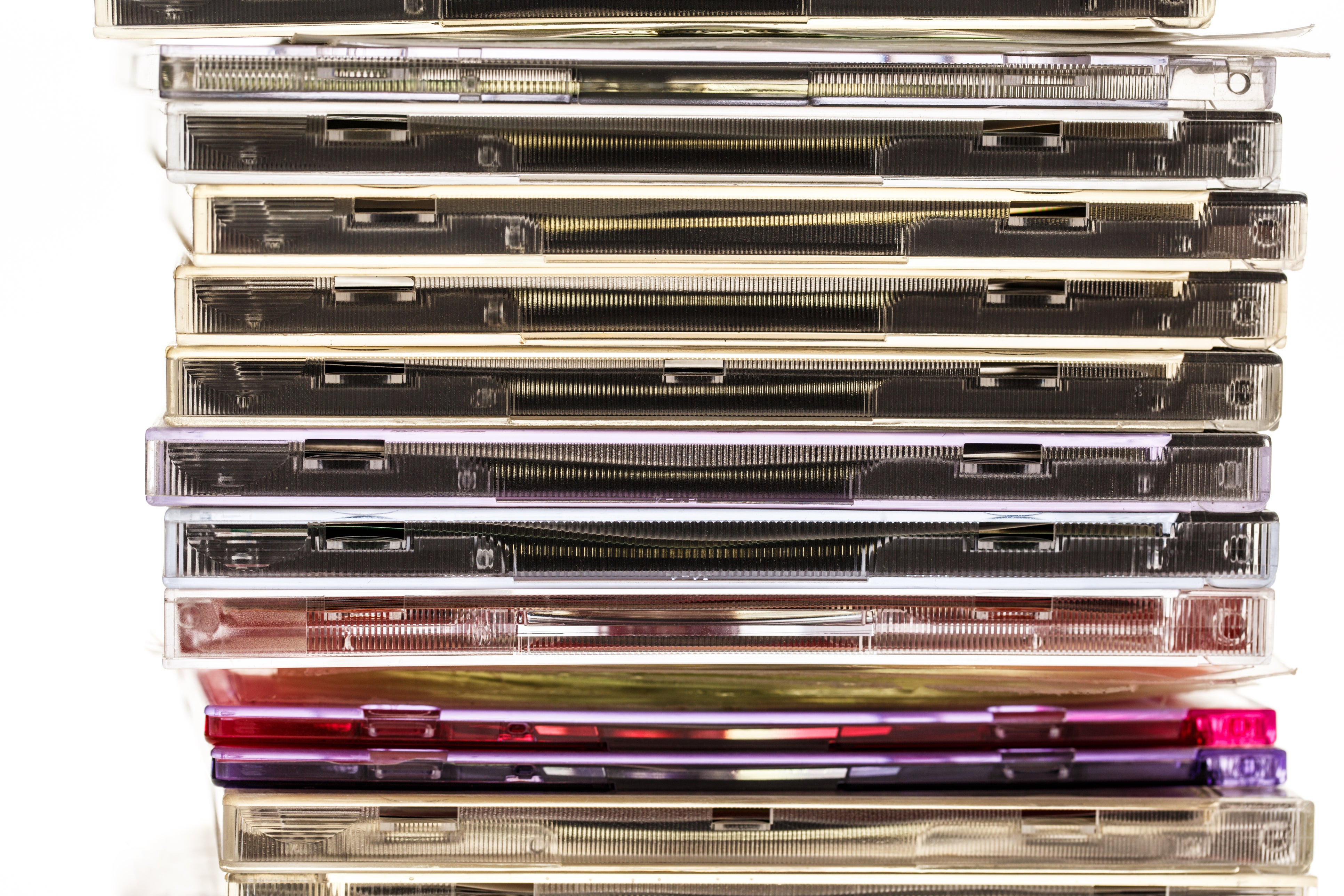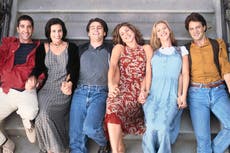I’m giving my daughter a musical education she doesn’t deserve
Rummaging through his CD collection, Will Gore takes himself on a nostalgia trip and his daughter on a road to nowhere


We’re trying to watch less TV. It’s not that we watch a particularly crazy amount. On a regular evening, once the youngest child has been put to bed (for the first time, anyway) and we’ve finally eaten some supper, my wife and I tend to settle down on the sofa and stick on the telly at about 8.30pm.
It’s usually too late to start on a film, and neither of us has the energy for any of the nerve-shattering dramas that we keep being told we should watch. Given the choice, I’ll probably plump for a comedy panel thing – Taskmaster is my current “go to” show, having discovered it belatedly. My wife, a nurse, will vote for Grey’s Anatomy or ER… never Casualty, it’s too close to home.
This is all fairly mundane fare but increasingly, our daughter wants to join the sitting-room party in the evening and this puts us in a quandary. Sweary comedians are not ideal for an 11-year-old; and an 11-year-old chattering about The Sims video game isn’t ideal for adults who are trying to follow even the simplest medical soap opera. What’s more, she spends too much time looking at screens as it is. When we let her watch Would I Lie To You, we’re simply feeding the habit.
We have, therefore, decided to change our ways. Since the beginning of last week, the telly has been out; the CD player, which is practically a relic as far as our children are concerned, is back in and so are books; even, occasionally, some light conversation. It’s all very 20th century.
So far, I have retained control of the music, putting on things that are so unobtrusive that nobody could possibly grumble about my choices. One evening we had some KT Tunstall, the next a Carpenters greatest hits album. I even snuck in some Bob Dylan and my daughter didn’t bat an eyelid.
A week into the experiment, things have broadly gone well but I have realised several limitations to what is a relatively sizeable collection of CDs. For one thing, I own almost no music recorded after about 2005. For another, what I have falls largely into one of just three categories: Sixties classics (The Beach Boys, The Beatles); Eighties “cock rock” (Europe, REO Speedwagon); and Nineties pop (mostly middle of the road, occasionally veering to They Might Be Giants).
I realise of course that these limitations could easily be overcome, especially in the world of digital downloads and Spotify. And I’m not averse to new music: I heard a lovely new song by Diana Ross the other day on Radio 2, during which she sings “thank you!” as if someone has just let her into a stream of heavy traffic.
In the end, though, I’m enjoying the nostalgia trip too much. So for as long as no one objects, I’ll keep rummaging through my trusty old CDs and give my daughter the kind of musical education that will surely turn her one of two ways: into a rebel or into her father. And what a prize the latter would be.
A few years ago, I was asked to speak at a panel event which had nothing to do with music. When I arrived, I was surprised to discover that in the event leaflet I was described as a “Dire Straits aficionado” – the result, I later found out, of the organisers noticing how often I tweeted about listening to Brothers In Arms when tired and emotional.
I should, perhaps, have been horrified, especially as one of the other speakers was David Lidington MP, whose musical tastes were not recorded, as far as I recall. But really, I was thrilled at what I took – perhaps quite wrongly – as validation both for myself and for Mark Knopfler, who I imagine would see it the same way.
I’ve not yet introduced my daughter to Dire Straits. She may feel she is already there.
Join our commenting forum
Join thought-provoking conversations, follow other Independent readers and see their replies
Comments


Bookmark popover
Removed from bookmarks